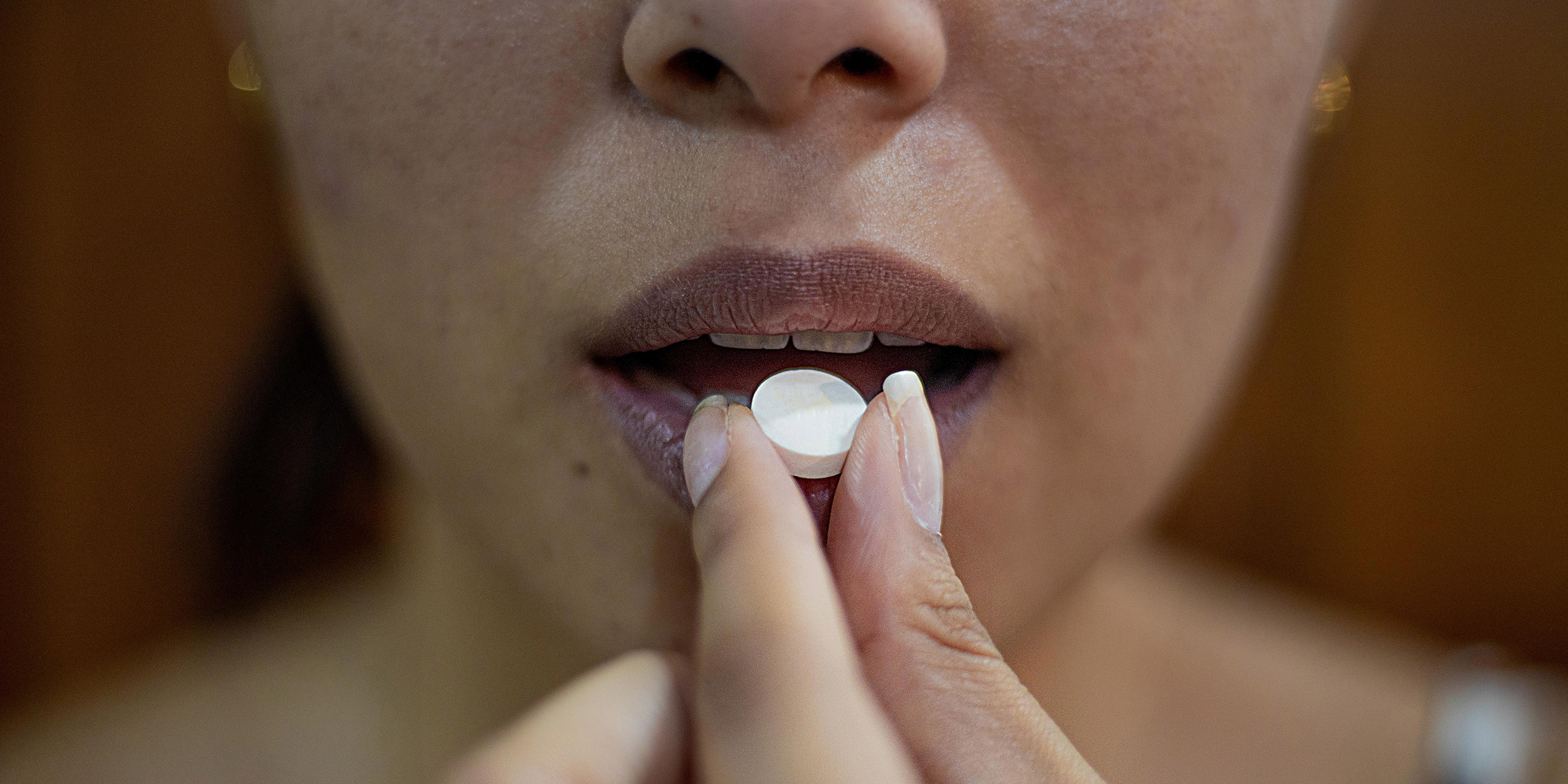Originally published 12 June 2001
Placebo Domino in regione vivorum, or “I will please the Lord in the land of the living.” This verse from the Latin Vulgate Bible brought the word placebo into the English language. It is the name commonly given to the Roman Catholic Vespers for the Dead, which has the biblical passage as the initial responsive verse.
Long before the word showed up in medical literature, it had already acquired other English meanings — flatterer, parasite. “To sing placebo” means to play the sycophant.
These early meanings have more or less disappeared from the language. Today, we use placebo for the famous “sugar pill” that physicians sometimes give to patients who insist upon medicine when none is strictly called for, and which are used as controls in tests of new drugs.
And the sugar pill has powerful therapeutic effects, or so it has been claimed. It has long been gospel within the medical community that placebos have clinical benefits in as many as one-third of patients who take them.
This curious restorative power of a non-medicine is usually ascribed to some mysterious mind-body connection: The will to be well effects the cure.
Now two Danish researchers, Asbjørn Hróbjartsson and Peter Gøtzsche, have reported in the New England Journal of Medicine that the curative power of placebos is a myth. They tracked down 114 studies that compared placebos to no treatment at all, and found no significant differences, except possibly in the subjective relief of pain.
In other words, the famous “placebo effect” does not exist.
This conclusion, if confirmed, has lots of implications.
First, how did the placebo effect become gospel in the first place? In 1955, Dr. Henry Beecher reported in the influential Journal of the American Medical Association that as many as a third of patients treated with placebos experienced a real therapeutic effect. In retrospect, Beecher’s study appears unconvincing, but it lodged itself tenaciously within the medical literature.
There is a cautionary lesson here on the necessity in science of unrelenting skepticism.
Second, if Hróbjartsson and Gøtzsche are right, what becomes of the much-touted mind-body connection? Can thoughts affect physical body functions, for example, by tricking the brain into releasing endorphins — a natural morphine-like drug — into the body? This is a subject about which we know little, and deserves research.
It may be that when we have learned more about the mind-body connection, placebos might come sneaking back into medicine.
Third, the placebo effect has been used by traditional medical practitioners to explain the widely claimed effectiveness of presumed bogus therapies, such as homeopathy, herbal remedies, and crystal therapy. Any claimed benefit is just the placebo effect, say the skeptics; these alternative therapies are versions of the sugar pill, no better or worse.
But if the placebo effect does not exist, then what accounts for the huge and growing confidence of Americans in alternative medicine? Mass delusion? Wishful thinking?
Psychologist Barry Beyerstein lists 10 reasons why bogus therapies sometimes seem to work, including (in addition to the placebo effect) spontaneous remission of symptoms, the power of suggestion by charismatic gurus who peddle alternative therapies, psychological distortion of reality (what psychologists call cognitive dissonance — the denial of unpleasant truths), and that some allegedly cured symptoms might be psychosomatic to begin with.
When the National Institutes of Health established the National Center for Complementary and Alternative Medicine in 1998, the move was met with dismay by many traditional practitioners; it seemed to bestow legitimacy upon therapies that had no scientific merit.
But there is clearly a role for the center. More research needs to be done to discover the precise biochemical nature of whatever is meant by “the power of suggestion,” “mind-body connection,” and “psychosomatic.” Until we know how the mind affects the body, the placebo effect will continue to lurk in the dusky corners of medicine.
And then there is always the possibility of cognitive dissonance on the part of skeptics (myself included) — denying the unpleasant truth that some presumably bogus therapies might have real therapeutic value. Traditional practitioners should never be afraid to put their dogmas to the test, in the spirit of the study of Hróbjartsson and Gøtzsche.
Placebo means literally “I will please.” Skeptics, too, have a tendency to please themselves.



